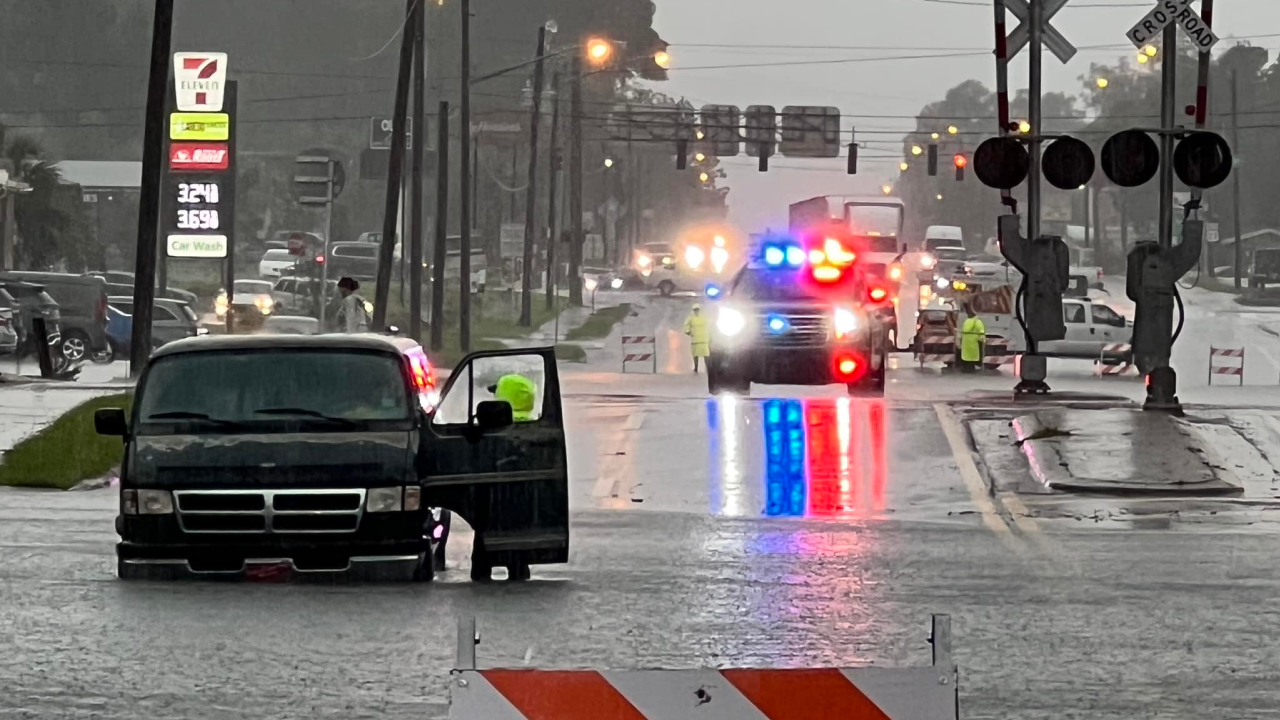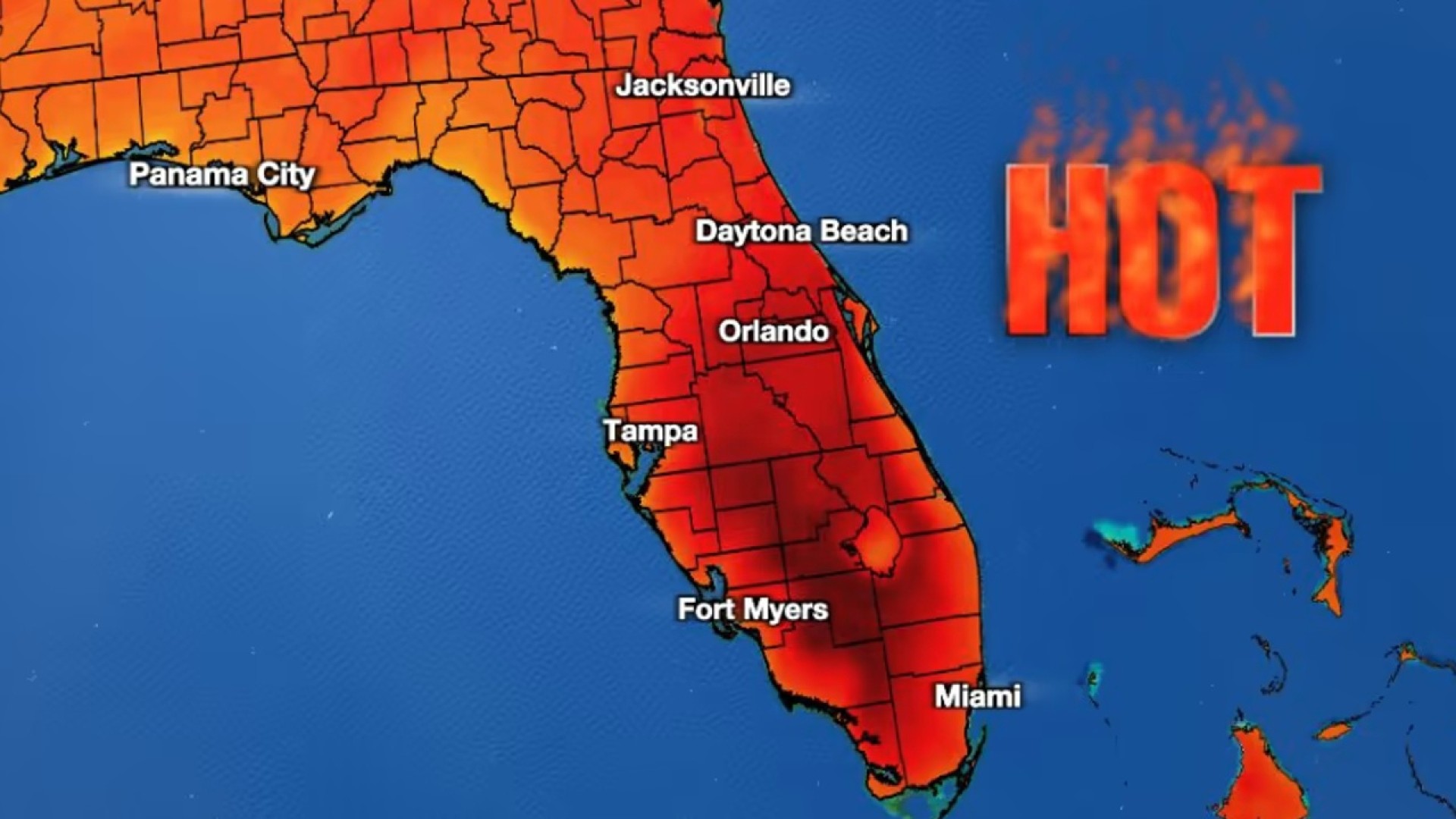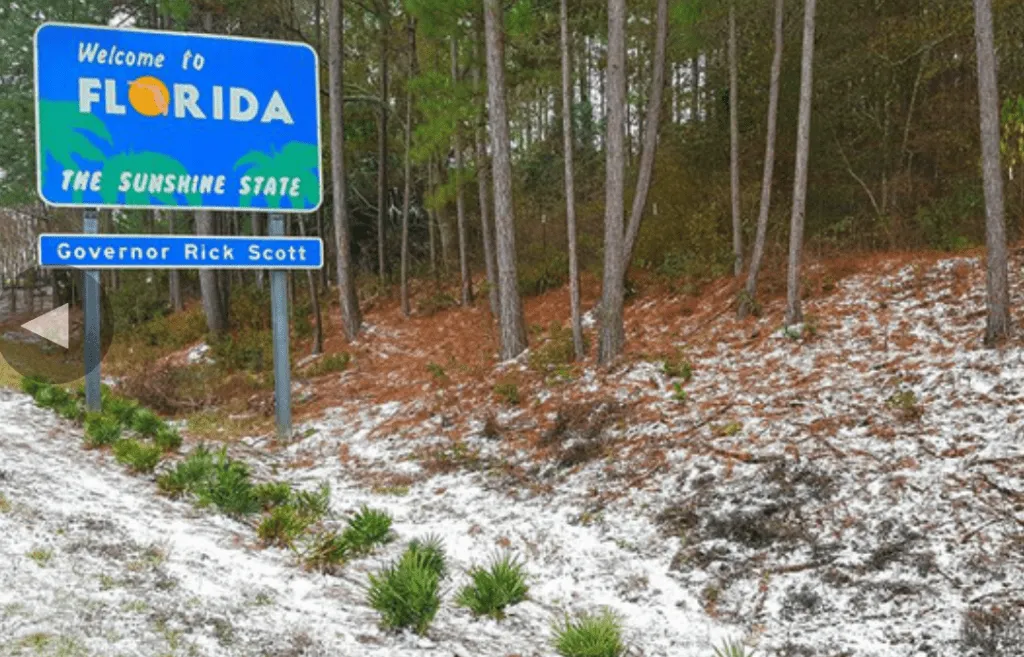Introduction
Ocala, Florida, is known for its beautiful landscapes, horse farms, and warm climate. However, like many places, Ocala is also prone to rain and flooding. In this article, we’ll explore why rain and flooding happen in Ocala, how they affect the area, and what you can do to stay safe. We’ll break it down into easy-to-understand sections, so even a 5-year-old can follow along!
What Is Rain?
Rain is water that falls from the sky. It happens when clouds get heavy with water droplets. When these droplets become too heavy, they fall to the ground as rain. In Ocala, rain is common because of its warm climate and natural weather patterns. Sometimes, the rain is light, like a gentle drizzle, and other times, it can be heavy and pour down quickly.aslo read Northwest Florida Reception Center: Everything You Need to Know
How Does Rain Affect Ocala?
Ocala’s weather is usually warm, and rain can be a welcome change. However, when it rains a lot, it can sometimes cause problems. Let’s look at how rain affects Ocala:
- Grass and Gardens: Rain helps keep plants and grass healthy. Without rain, gardens and lawns would be dry and brown.
- Streams and Lakes: Rain fills up rivers, streams, and lakes. This is important for animals and plants that live in these bodies of water.
- Traffic: When it rains heavily, roads can become slippery. This makes driving more dangerous, and traffic can slow down.
- Outdoor Activities: Rain can cancel outdoor activities like picnics and sports games. But sometimes, it’s fun to play in the rain!
What Is Flooding?
Flooding happens when there is too much water in an area. This can occur when it rains a lot, and the ground can’t absorb all the water. Flooding can cause water to cover streets, yards, and even homes. In Ocala, flooding can happen, especially during heavy rainstorms or hurricanes.
Types of Flooding
- Flash Flooding: This happens quickly, usually within six hours of heavy rain. It can be very dangerous because the water rises fast and can catch people off guard.
- River Flooding: This happens when rivers overflow their banks due to too much rain. It can take a few days for rivers to rise and cause flooding.
- Urban Flooding: This happens in cities and towns where water can’t drain away quickly because of buildings and roads. It can cause streets and homes to flood.
Why Does Flooding Happen in Ocala?
Several factors can cause flooding in Ocala:
- Heavy Rainfall: When there’s a lot of rain in a short period, it can overwhelm the ground and drainage systems, leading to flooding.
- Hurricanes and Storms: Ocala can be affected by hurricanes and tropical storms that bring heavy rain and strong winds. These storms can cause significant flooding.
- Poor Drainage: In some areas, the drainage systems might not be able to handle a lot of water, causing water to back up and flood streets and homes.
- Soil Type: Different types of soil absorb water at different rates. Some soils, like clay, don’t absorb water well, which can increase flooding.
How Does Flooding Affect Ocala?
Flooding can have several effects on Ocala and its residents:
- Property Damage: Water can damage homes, cars, and other property. It can also destroy crops and gardens.
- Health Risks: Floodwater can carry germs and pollutants, which can make people sick. It’s important to avoid contact with floodwater.
- Disruption of Services: Flooding can disrupt services like electricity, water, and transportation. This can make it difficult for people to go about their daily lives.
- Economic Impact: The cost of repairing damage and cleaning up after a flood can be high. This can affect local businesses and the economy.
How to Stay Safe During Flooding
Staying safe during a flood is very important. Here are some tips to help you stay safe:
- Listen to Weather Reports: Pay attention to weather forecasts and flood warnings. This can help you prepare for possible flooding.
- Have an Emergency Kit: Prepare an emergency kit with essential items like food, water, medications, and flashlights. This will help you if you need to stay at home during a flood.
- Avoid Driving in Flooded Areas: If you see water on the road, it’s best to turn around and find a different route. Driving through floodwater can be very dangerous.
- Move to Higher Ground: If you live in a flood-prone area, try to move to higher ground to avoid water entering your home.
- Stay Away from Floodwater: Avoid walking or playing in floodwater. It can be contaminated and pose health risks.
What Can Be Done to Prevent Flooding?
Preventing flooding is important to keep Ocala safe. Here are some ways to reduce the risk of flooding:
- Improve Drainage Systems: Upgrading drainage systems can help water flow away more efficiently and reduce the risk of flooding.
- Plant Vegetation: Planting trees and shrubs can help absorb water and prevent soil erosion, which can reduce flooding.
- Build Flood Barriers: Installing barriers or levees around flood-prone areas can help protect homes and businesses from floodwater.
- Educate the Public: Teaching people about flood safety and preparation can help them stay safe during flooding events.
Conclusion
Rain and flooding in Ocala, Florida, are important issues to understand and prepare for. Rain is a natural part of the weather, but when it becomes heavy or persistent, it can lead to flooding. By knowing what causes flooding, how it affects the area, and how to stay safe, you can be better prepared for these events. Remember to stay informed, prepare in advance, and take steps to protect yourself and your property. With the right knowledge and preparation, you can stay safe and handle the rain and flooding in Ocala with confidence.





